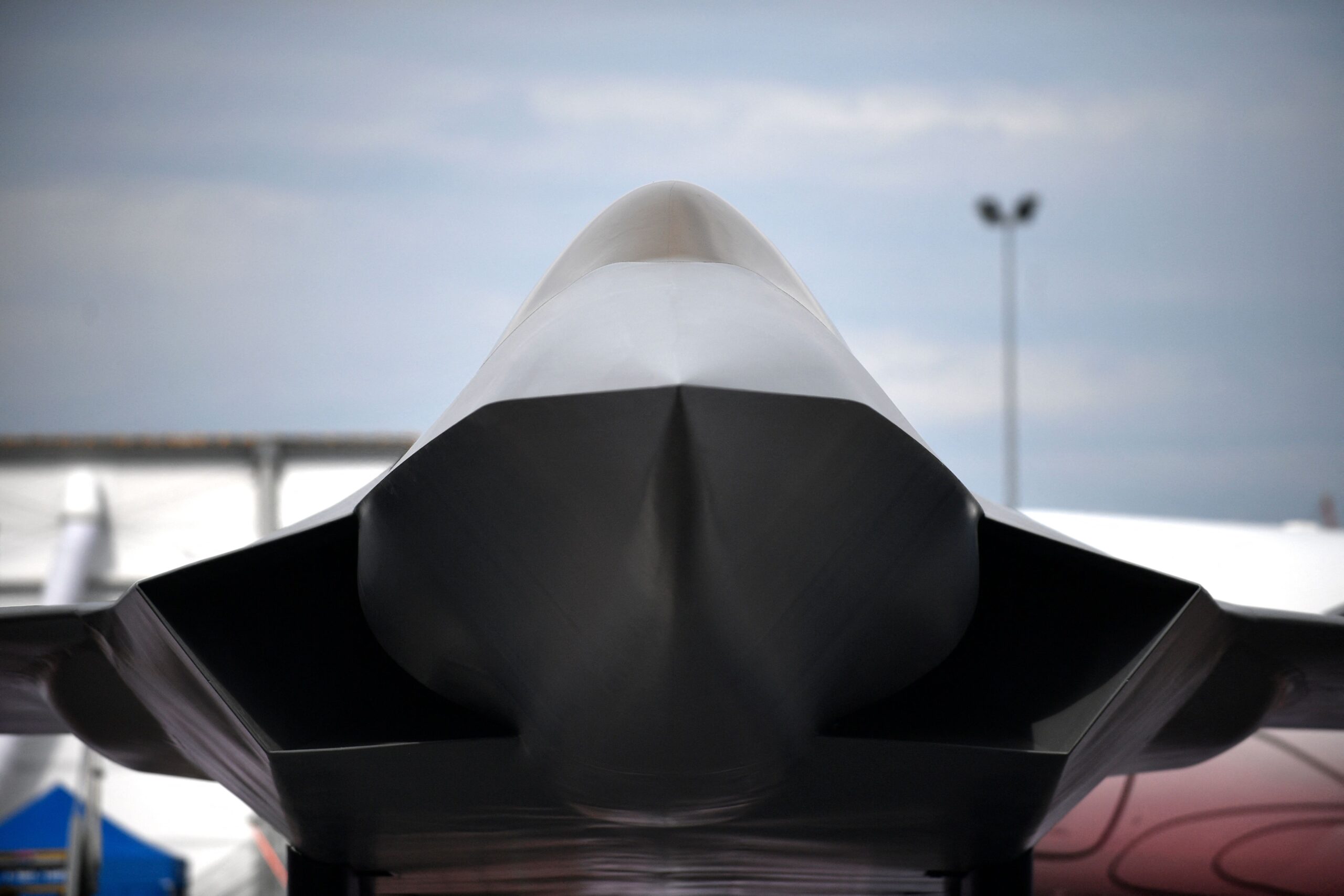Reports concerning discord among partners in the French-German-Spanish FCAS fighter program have been overstated, according to Brig. Gen. Phillipe Suhr, the French Air Force representative for the initiative. Speaking at the International Fighter Conference in Rome, Suhr assured that the program remains on track, with all member nations committed to its success. “There are differences but don’t believe all you are reading,” he stated, emphasizing that finding a collaborative solution is essential as the countries aim for the program’s delivery by the 2040s.
The FCAS program, initiated by France and Germany in 2017 and later joined by Spain, is designed to replace France’s Rafale and Germany’s Eurofighter jets by 2040. However, the project has faced challenges, particularly concerning control and contributions. French prime contractor Dassault has been advocating for a larger share of the project, leading to tensions with their German partners. In a recent statement, Guillaume Faury, CEO of Airbus, which represents Germany’s stake in the program, suggested that if Dassault is dissatisfied, it could opt to withdraw from FCAS.
Suhr attempted to mitigate concerns about Dassault’s ambitions, asserting that claims of the company seeking an 80 percent share are exaggerated. “When you read Dassault wants 80 percent, it is not reality,” he explained, reinforcing the notion that the program’s progress is a collective effort.
Progress in Competing Fighter Programs
While the FCAS program appears to be stalling, a competing initiative—the sixth-generation Global Combat Air Programme (GCAP)—is reportedly making strides. This program, developed collaboratively by Italy, the United Kingdom, and Japan, has established three industrial consortia to manage its development. According to Leonardo, Italy’s lead contractor for GCAP, the company anticipates securing over €1 billion in national contracts by December 2023.
Roberto Cingolani, CEO of Leonardo, remarked during a conference call with analysts that their competitors are experiencing setbacks. He highlighted this as an opportunity for GCAP to advance. At the same conference in Rome, Colonel Antonio Vivolo, representing the Italian defense ministry’s armaments office, articulated Italy’s perspective on the importance of maintaining technological sovereignty.
“The goal is not only to obtain a new fighter; the goal is to obtain and keep technological and industrial sovereignty,” Vivolo stated. He elaborated that having a degree of autonomy is crucial for adapting to rapidly evolving technologies and threats. “Without this depth of sovereignty, sixth-generation would remain a beautiful concept governed by someone else, and this was not an option,” he added, emphasizing the need for a robust partnership that allows for independent action.
As both programs continue to evolve, the dynamics between the partners involved will be critical in shaping the future of European air defense capabilities. The commitment from all parties, as highlighted by Suhr, will play a significant role in determining whether the FCAS can meet its ambitious goals in the coming decades.






































































